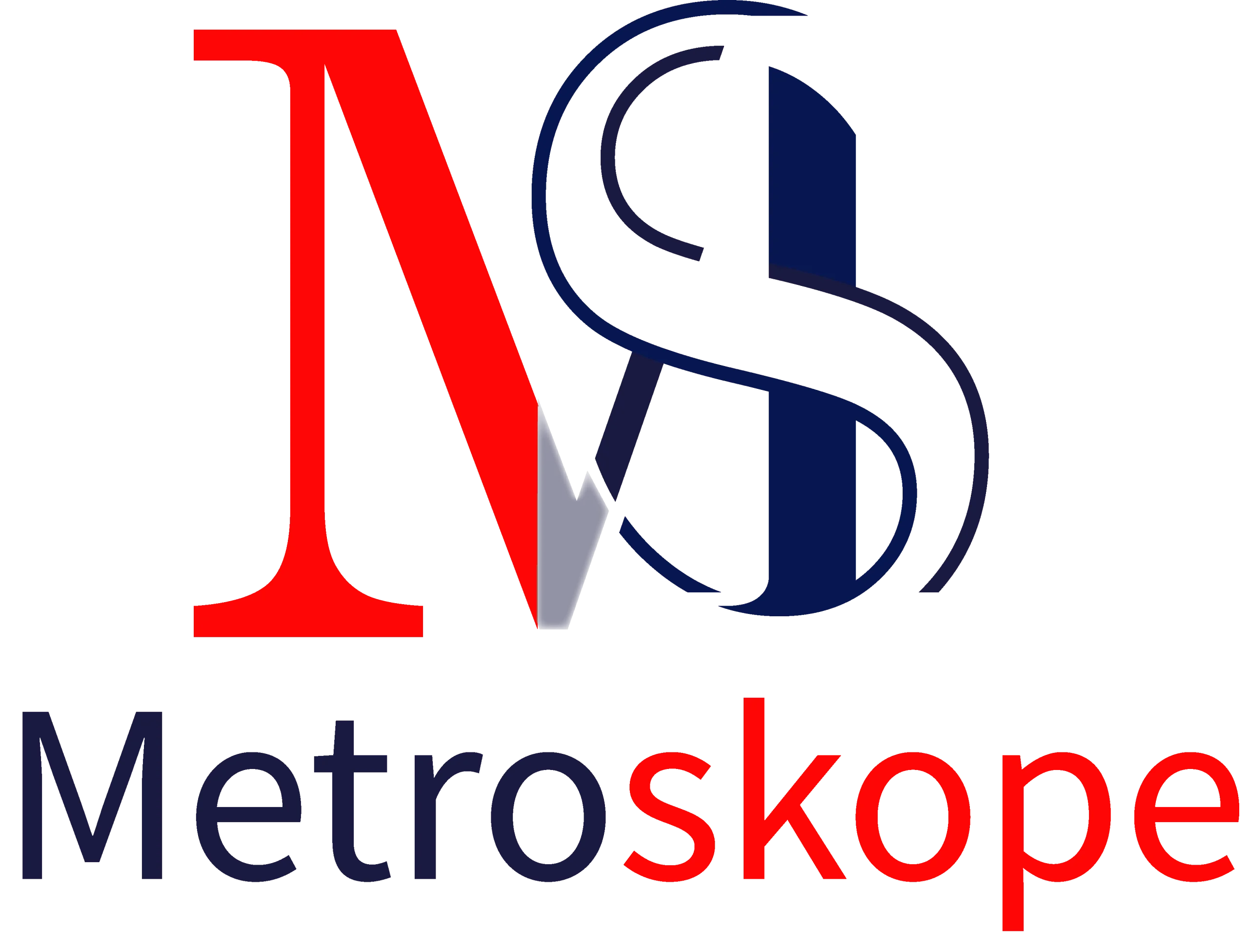What is Blockchain?
Imagine a digital notebook shared among thousands of computers. Every time something important happens—like a payment or contract—it gets written in this notebook.
Now, here’s the twist:
- No single person owns the notebook.
- Everyone can see what’s written.
- Once something is written, it can’t be erased or changed.
That’s blockchain. It’s a shared, unchangeable ledger used to record transactions, track assets, and build trust—without needing a middleman.
Why It’s Called a “Block-chain”
- Each record = a block.
- Every time a block is filled, it’s attached to the previous block.
- These links form a chain of data.
This chain grows forever, and every block is mathematically tied to the last—making it super secure.
Why Is Blockchain Important?
- No tampering: Once data is in, it’s permanent.
- No middlemen: It removes banks, brokers, and middle agents.
- Trust is built into the system.
- It’s public (yet private), secure, and fast.
Real-Life Example: Think of a Land Registry
Old Way:
- A government office maintains land ownership.
- If a corrupt officer changes records, it’s hard to detect.
Blockchain Way:
- Every land transaction is recorded on blockchain.
- Everyone can verify it.
- Impossible to tamper, fake, or delete history.
This transparency prevents fraud and speeds up property sales.
How Blockchain Actually Works (Simplified)
- A transaction is requested (e.g., Alice sends 1 Bitcoin to Bob).
- It’s broadcasted to a network of computers (nodes).
- The network checks if the transaction is valid.
- If verified, the transaction becomes a “block.”
- The new block is added to the existing chain.
- The entire network updates the copy.
Boom – the transaction is done, verified, and recorded forever.
Is Blockchain Secure?
Yes, and here’s why:
- Each block has a hash (like a digital fingerprint).
- If someone tries to change a block, the hash changes.
- The network immediately knows and rejects it.
So unless a hacker can control 51% of the world’s computers (nearly impossible), the data is safe.
Where Is Blockchain Used?
1. Cryptocurrency
- Bitcoin, Ethereum, and thousands of coins run on blockchain.
- It’s like digital money with no central bank.
2. Banking & Finance
- Faster payments, fewer fees, 24/7 transactions
- Smart contracts that auto-execute agreements
3. Healthcare
- Store patient records securely
- Share medical info without risking privacy
4. Supply Chain
- Track a product from factory to shelf
- Prove authenticity (e.g., organic food, designer bags)
5. Voting Systems
- Transparent, fraud-proof elections
6. Real Estate
- Secure, paperless property transfers
Key Blockchain Terms to Know
| Term | What It Means |
|---|---|
| Node | A computer on the blockchain network |
| Miner | A node that validates and adds transactions |
| Hash | A unique digital fingerprint of a block |
| Smart Contract | Self-executing code that runs on blockchain |
| Wallet | A digital tool to store and send crypto |
| Public/Private Key | Digital signature system to secure data |
| Consensus | How network agrees on valid transactions |
Types of Blockchains
- Public Blockchain
- Open to all
- Fully decentralized (e.g., Bitcoin, Ethereum)
- Private Blockchain
- Controlled by a company or group
- Faster, but less decentralized (used in banks)
- Consortium Blockchain
- Shared between a group of organizations
Blockchain vs Traditional Systems
| Feature | Blockchain | Traditional Systems |
|---|---|---|
| Transparency | Full | Limited or hidden |
| Security | Very high (immutable) | Vulnerable to hacking |
| Speed | Fast, real-time | Slow, business hours only |
| Cost | Low after setup | High due to intermediaries |
| Trust | Built-in | Needs third-party validators |
Future of Blockchain (2025 & Beyond)
- Expected to power 25% of global financial infrastructure
- Will drive carbon credit and green energy markets
- Governments will adopt it for identity verification, taxes, and subsidies
- Stock markets may shift to real-time settlement via blockchain
Why You Should Care
Blockchain is not just for techies or crypto nerds. It’s transforming the way we send money, store data, sign contracts, and even vote.
Understanding blockchain today means being ahead of the curve tomorrow. Whether you want to invest, build, or simply stay informed — this tech is here to stay.
“The internet gave us information. Blockchain gives us trust.”
- Follow news from Ethereum, Bitcoin, and Web3
- Explore beginner-friendly platforms like Coinbase, Binance, and MetaMask
- Try free blockchain courses on Coursera or YouTube
The future is decentralized. And it’s already begun.

